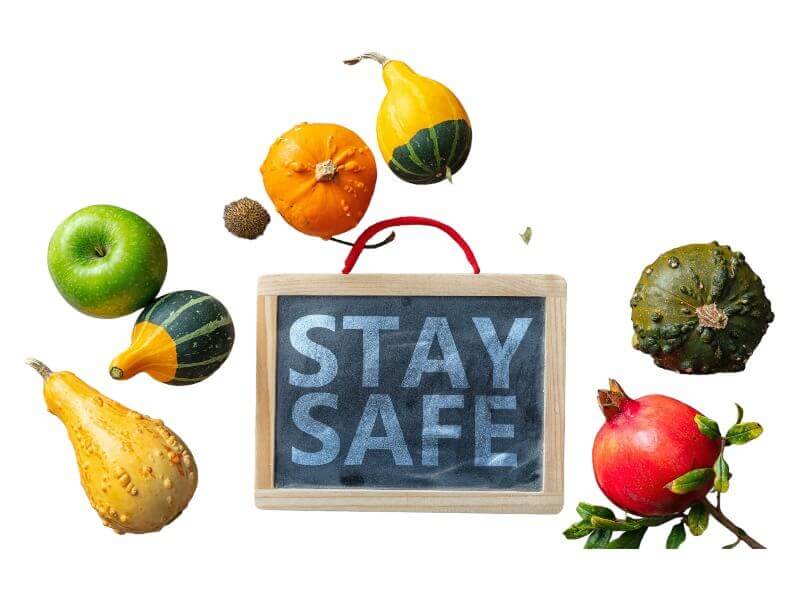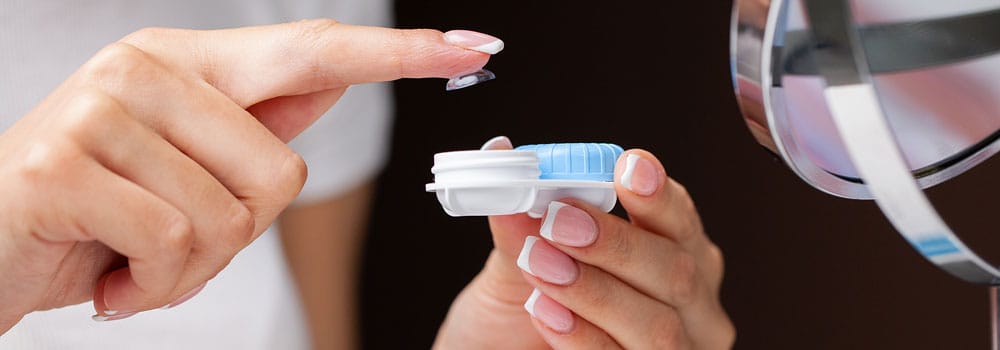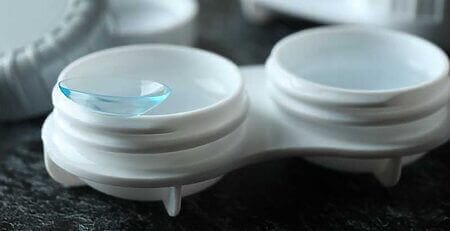The Ultimate Guide to Contact Lens Care: Why You Should Never Use Water
Contact lenses are a popular choice for vision correction, offering convenience and versatility. However, despite their widespread use, many people still struggle with proper lens care—particularly when it comes to cleaning. One common misconception is that water can be used to clean and store contact lenses. This guide aims to debunk this myth and provide tips for properly cleaning your contact lenses, including your Gothika Halloween contact lenses. It’s time to dive into the details and understand why water and contact lenses don’t mix.
Table of Contents
- Understanding the Risks of Water and Contact Lenses
- Why Tap Water is Not Suitable for Cleaning Contact Lenses
- The Dangers of Swimming and Showering with Contact Lenses
- Why Filtered, Bottled, and Saline Water Aren’t Safe Options
- The Role of Contact Lens Solutions
- How to Properly Use Contact Lens Solutions
- Why You Should Never Reuse Contact Lens Solutions
- What to Do When You Don’t Have Contact Lens Solution
- The Importance of Regularly Replacing Your Contact Lens Case
- Special Considerations for Gothika Halloween Contact Lenses

Understanding the Risks of Water and Contact Lenses
Water might seem like a harmless, clean substance that could be a viable alternative to contact lens solutions. However, using water to clean, rinse, or store your contact lenses can lead to severe eye infections and permanent vision damage.
The Presence of Harmful Microorganisms
Water, regardless of its source, contains numerous microorganisms, including bacteria, viruses, and amoebas. When you expose your contact lenses to water, these microorganisms can adhere to the lens surface. If these contaminated lenses are placed in your eyes, it can lead to serious eye infections.
The Absence of Disinfecting Properties
Unlike contact lens solutions, water doesn’t have any disinfecting properties. It doesn’t eliminate the microorganisms on your contact lenses. Instead, it provides a medium where these harmful organisms can thrive, increasing the risk of eye infections.
Why Tap Water is Not Suitable for Cleaning Contact Lenses
While tap water is safe for drinking and bathing, it’s not safe for your contact lenses. The water from your faucet may contain microorganisms that are harmful to your eyes. These include bacteria and amoebas that can cause severe eye infections, vision loss, and even blindness.
The Risks of Using Tap Water for Cleaning and Storing Contact Lenses
Using tap water to clean or store your contact lenses can lead to a variety of eye health issues, including:
- Eye irritations: The impurities in tap water can cause eye redness, itching, or a burning sensation.
- Blurry vision: Water can alter the shape of your contact lenses, leading to distorted vision.
- Eye infections: Harmful microorganisms in water can cause serious eye infections.
The Dangers of Swimming and Showering with Contact Lenses
One common mistake that many contact lens wearers make is swimming or showering while wearing their lenses. This exposes your lenses to water and increases the risk of eye infections.
The Risks of Swimming and Showering with Contact Lenses
Whether you’re swimming in a pool, a lake, or the ocean, or just taking a shower, water can expose your contact lenses to a variety of risks:
- Contamination: Water bodies often harbor harmful microorganisms that can stick to your lenses and cause infections.
- Lens Displacement: The force of water hitting your eyes can displace your contact lenses, causing discomfort and blurred vision.
- Lens Damage: The chemicals in pool water or the heat from a hot shower can damage your contact lenses, altering their shape and effectiveness.
Why Filtered, Bottled, and Saline Water Aren’t Safe Options
Even if the water is filtered, bottled, or saline, it’s still not safe for your contact lenses. These types of water may have fewer contaminants than tap water, but they still lack the disinfecting properties needed to safely clean your lenses.
The Risks of Using Filtered, Bottled, and Saline Water
Using these types of water to clean or store your contact lenses can lead to the following problems:
- Inadequate Disinfection: Even though these waters may seem clean, they still can’t disinfect your lenses effectively.
- Contact Lens Warping: Water can cause your lenses to swell or change shape, leading to discomfort and blurred vision.
- Dryness: Water can actually dry out your contact lenses, making them uncomfortable to wear.
The Role of Contact Lens Solutions
Contact lens solutions are designed to clean, disinfect, and store contact lenses. They’re formulated to kill harmful microorganisms and remove debris from your lenses, ensuring that they’re safe and comfortable to wear.
Types of Contact Lens Solutions
There are two main types of contact lens solutions:
- Hydrogen Peroxide Solutions: These solutions offer deep cleaning and disinfection. However, they require a neutralization step to avoid eye irritation.
- Multipurpose Solutions: These all-in-one solutions can clean, rinse, disinfect, and store your lenses. They’re convenient and easy to use.
How to Properly Use Contact Lens Solutions
Using contact lens solutions correctly is essential for maintaining the health of your contact lenses and your eyes. Here are some steps to follow:
- Wash your hands thoroughly to prevent transferring dirt and germs to your lenses.
- Remove one lens and place it in your palm.
- Apply the contact lens solution to your lens and gently rub it with your finger to remove any debris.
- Rinse the lens with the solution to wash away the loosened debris.
- Place the lens in a clean case filled with fresh solution.
- Repeat the process with the other lens.
Why You Should Never Reuse Contact Lens Solutions
Reusing contact lens solutions is a bad idea. Old solution has already done its job cleaning your lenses and is now full of the debris and microorganisms it has removed. Using it again won’t provide effective cleaning and can even re-contaminate your lenses.
What to Do When You Don’t Have Contact Lens Solution
If you find yourself without any contact lens solution, the best course of action is to store your lenses in a clean case and wait until you can get some solution. Never resort to using water or any other alternative. It’s better to go without your lenses for a while than to risk an eye infection.
The Importance of Regularly Replacing Your Contact Lens Case
Your contact lens case can become a breeding ground for bacteria if it’s not regularly replaced. It’s recommended to replace your case every three months to ensure it stays clean and safe for your lenses. Here at Gothika, we always give you a brand new, fresh case with every order!
Special Considerations for Gothika Halloween Contact Lenses
Gothika Halloween contact lenses can transform your look and take your costume to the next level. But, like any contact lenses, they need to be properly cared for. Here are some additional tips:
- Never Use Water: Just like with regular contact lenses, never use water to clean or store your Gothika lenses.
- Clean After Each Use: Always clean your lenses thoroughly after each use to remove any makeup or debris.
- Store Properly: Store your lenses in a clean case with fresh solution to keep them safe and ready for next time.
By following these guidelines, you can ensure that your contact lenses—whether everyday lenses or special Gothika Halloween lenses—remain safe and comfortable to wear. Remember, when it comes to contact lens care, water is not your friend. Stick to the recommended solutions and practices to keep your eyes healthy and your vision clear.



